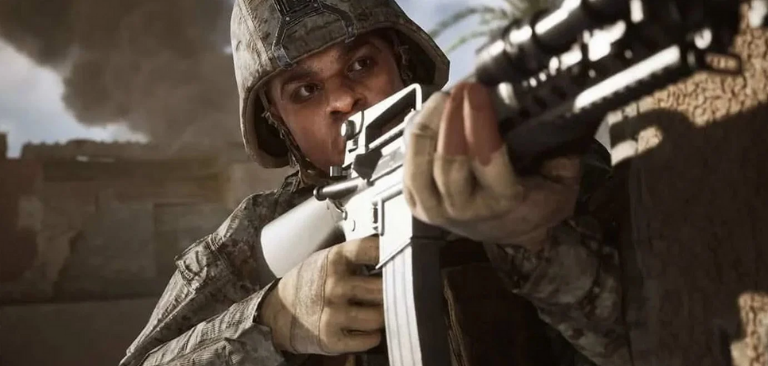Now that advocacy groups and “journalists” know that they can cause enough of a scene to pressure tech companies to comply with their censorship demands, they’re taking every opportunity possible to wield their power – most often in bad faith.
The censorship campaign about upcoming game Six Days in Fallujah is the latest attack and it has just stepped up its game by entertaining the perspective of the controversial organization, CAIR.
The Council on American-Islamic Relations (CAIR), a Muslim advocacy group, that was most recently in the news for calling on President Biden to defund the Department of Homeland Security’s counter terrorism program, is now calling for the censorship of Highwire Games’ Six Days in Fallujah.
CAIR has called on Sony’s Playstation, Microsoft’s Xbox, and Valve’s Steam not to host the upcoming game. According to the group, the game promotes Islamophobia and normalizes violence against Muslims.
The game is based on the 2004 Second Battle of Fallujah during the Iraq War. The battle resulted in an unknown number of civilian deaths, and more than 100 US and UK troops.
Six Days in Fallujah was first announced in 2009, five years after the battle. At the time, its publisher, Konami, dropped it due to widespread calls for censorship.
In a world where violent acts, war, death, and injustices are depicted in more forms of art than ever, it’s not immediately clear why Six Days in Fallujah has caused such a stir, going as far to reinvoke the old tropes of video games getting the “murder simulation” allegations of the 2000s.
Yet, mainstream reporting on the game does little to push back against the growing calls for censorship or to explore the harms that censorship and moral policing have on art.
War is painful – particularly when many feel that it’s unjust – as with the “weapons of mass destruction” narrative has since been widely discredited.
But to say that no art form is allowed to depict any event that was traumatic for individuals, would give untold levels of power to the vocal few who make the most noise.
In a statement, CAIR called the game an “Arab murder simulation.”
The advocacy group added that the game would “only normalize violence against Muslims in America and around the world.”
“The gaming industry must stop dehumanising Muslims,” CAIR spokesperson Huzaifa Shahbaz said. “Video games like Six Days in Fallujah only serve to glorify violence that took the lives of hundreds of Iraqi civilians, justify the Iraq war, and reinforce anti-Muslim sentiment at a time when anti-Muslim bigotry continues to threaten human life.”
“We call on Microsoft, Sony and Valve to ban their platforms from hosting Six Days in Fallujah,” CAIR wrote in the statement.













